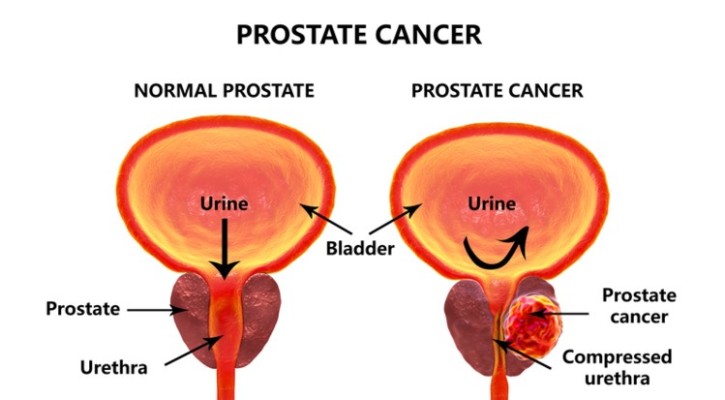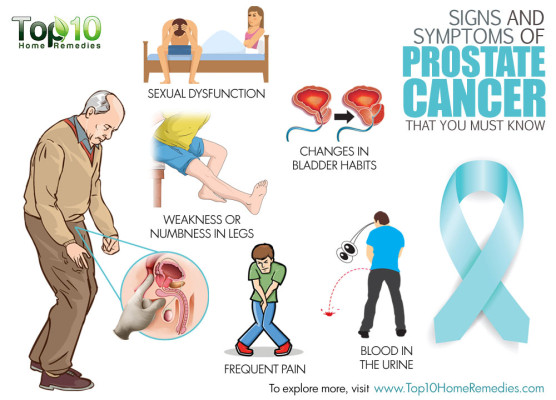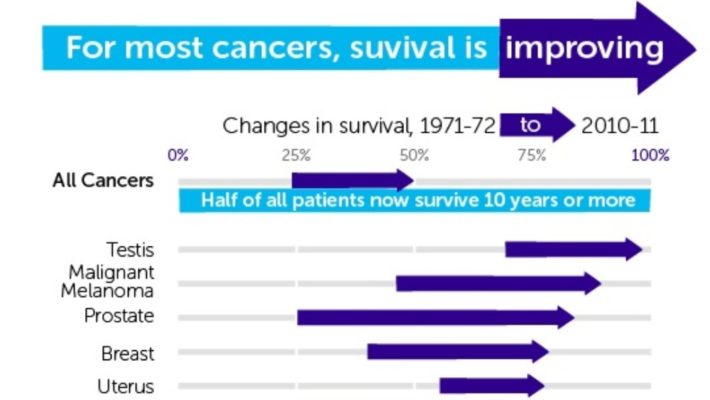 What is the Prostate?
What is the Prostate?
Only men have a prostate gland. The prostate gland is usually the size and shape of a walnut and grows bigger as you get older. It sits underneath the bladder and surrounds the urethra, which is the tube men urinate and ejaculate through. Its main job is to help make semen – the fluid that carries sperm.
Prostate cancer occurs when some of the cells in the prostate reproduce far more rapidly than normal, resulting in a tumour. Prostate cancer often grows slowly to start with and may never cause any problems. But some men have prostate cancer that is more likely to spread. These prostate cancer cells, if left untreated, may spread from the prostate and invade distant parts of the body, particularly the lymph nodes and bones, producing secondary tumours in a process known as metastasis.
 Detecting prostate cancer
Detecting prostate cancer
Not everyone experiences symptoms of prostate cancer. Many times, signs of prostate cancer are first detected by a doctor during a routine check-up with a simple blood test called the PSA test – Prostate Specific Antigen – test does not diagnose prostate cancer but it can provide a useful early warning.
Some men, however, will experience changes in urinary or sexual function that might indicate the presence of prostate cancer.
Increased PSA levels in the blood indicate prostate cancer may be present and can help a doctor to decide if further diagnostic testing is required.

Prostate cancer is a big killer. Now one in 8 men in the UK will be diagnosed with it. That’s around 32,000 men are diagnosed with the disease, and sadly more than 10,000 lose their lives.
If caught early, prostate cancer can be treated and prognosis can be great. So, it is advised that all men over the age of 50 have PSA tests yearly.
It is essential that you consult your GP if you display any of the following symptoms-
- A need to urinate frequently, especially at night
- Difficulty starting urination or holding back urine
- Weak or interrupted flow of urine
- Painful or burning urination
- Difficulty in having an erection
- Painful ejaculation
- Blood in urine or semen
- Frequent pain or stiffness in the lower back, hips, or upper thighs

To learn more about prostate health watch this report from ITV’s This Morning…
Don’t risk waiting until i ‘goes away’, seek help as soon as you have any concerns.
For a simple PSA test contact Medcare for an appointment. Call on 966 860 258 or email doctors@medcarespain.com


